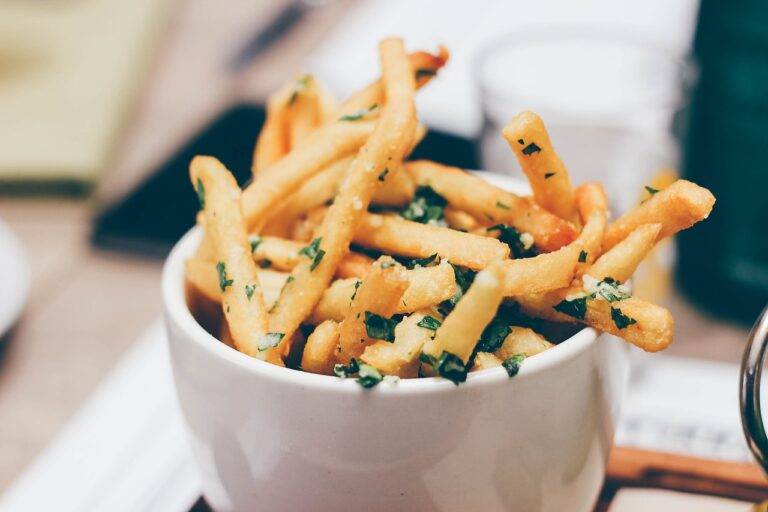Exploring the Role of Cheese in Cultural Diplomacy
goldenexch99, cricbet99 club.com, king567 login:Exploring the Role of Cheese in Cultural Diplomacy
Cheese has been a staple food item in many cultures around the world for centuries. From the creamy brie of France to the sharp cheddar of England, cheese plays a significant role in defining the culinary identity of a nation. But beyond its delicious taste and versatility in culinary creations, cheese also plays a vital role in cultural diplomacy.
What is cultural diplomacy, you ask? Cultural diplomacy is the practice of using cultural interactions to build relationships between different countries and promote mutual understanding. While traditional diplomacy often focuses on political and economic issues, cultural diplomacy seeks to bridge cultural gaps and foster connections through shared experiences in art, music, literature, and yes, even food.
In this blog post, we will explore the ways in which cheese can serve as a powerful tool in cultural diplomacy, bringing people together through a shared love of this delectable dairy product.
The History of Cheese: A Global Perspective
Cheese has a long and rich history that spans across continents and cultures. The origins of cheese can be traced back to ancient Mesopotamia, where it was likely discovered by accident as milk stored in animal stomachs curdled and separated into curds and whey. From there, cheese-making spread to Europe, Asia, and eventually the rest of the world.
Today, nearly every country has its own unique varieties of cheese, each reflecting the local climate, geography, and cultural practices. In France, for example, cheese-making is considered an art form, with hundreds of different cheeses to choose from, each with its own distinct flavor profile and production method. In Italy, cheese is an essential ingredient in many traditional dishes, such as pasta carbonara and risotto.
The Role of Cheese in Cultural Diplomacy
So how does cheese factor into the world of cultural diplomacy? One way is through cheese tastings and cultural exchanges that bring people from different backgrounds together to sample and learn about different varieties of cheese. These events provide a platform for cultural exchange and dialogue, allowing participants to connect over a shared love of food and explore the stories behind each cheese.
Cheese can also be used as a tool to promote tourism and economic development. In Switzerland, for example, the Swiss Cheese Union actively promotes Swiss cheese abroad through events, tastings, and marketing campaigns. This not only boosts the country’s cheese exports but also raises awareness of Swiss culture and traditions around the world.
Furthermore, cheese can serve as a symbol of national identity and pride. Just as wine is synonymous with France and pasta with Italy, cheese can be a powerful emblem of a country’s culinary heritage. By showcasing their unique cheeses on the world stage, countries can promote their cultural identity and values while fostering connections with people from other nations.
Cheese Diplomacy in Action
One example of cheese diplomacy in action is the annual World Cheese Awards, where cheese-makers from around the globe come together to compete for top honors. This event not only celebrates the diversity and quality of cheese worldwide but also provides a platform for cultural exchange and collaboration among participants.
Another example is the European Union’s Protected Geographical Indication (PGI) status, which protects traditional and regional cheeses from imitation and ensures their authenticity. This status not only safeguards the heritage and integrity of these cheeses but also promotes them as symbols of European culture and tradition on the global stage.
FAQs
Q: Can cheese really be a tool for promoting cultural understanding?
A: Absolutely! Cheese tastings and cultural exchanges provide a platform for people from different backgrounds to connect over a shared love of food and explore the stories behind each cheese.
Q: How can I participate in cheese diplomacy?
A: You can start by attending cheese tastings, cultural events, and food festivals in your area to learn more about different varieties of cheese and the cultures they represent.
Q: What are some examples of countries that use cheese in cultural diplomacy?
A: Countries like France, Italy, Switzerland, and the Netherlands are known for their rich cheese-making traditions and actively promote their cheeses as symbols of national identity and pride.
In conclusion, cheese plays a significant role in cultural diplomacy by bringing people together, promoting tourism and economic development, and serving as a symbol of national identity. So next time you enjoy a delicious piece of cheese, remember that you are not just indulging in a tasty treat but also participating in a centuries-old tradition of cultural exchange and understanding. Cheers to cheese diplomacy!




